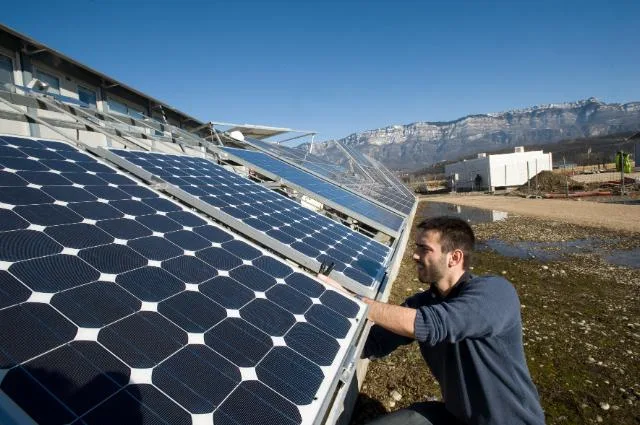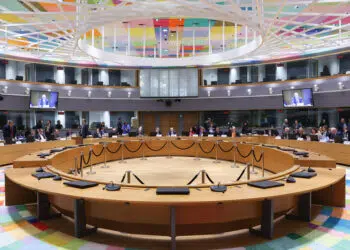Brussels – Two rounds of negotiations but still little progress on the Net-zero Industry Act, the zero-emissions industry law proposed by the European Commission in March 2023. After an unsuccessful second negotiating meeting on Monday in Brussels, negotiators from the EU Parliament and the Council will try again on February 6 in what could potentially be the decisive trilogue (as the negotiations between Parliament and Council, mediated by the Commission, are called).
After about five hours of talks, there are still several obstacles. Monday’s discussions focused mainly on the scope of the supply chain, enabling conditions for the production of Net-Zero technologies, such as the starting point of the permitting process, the scope of the obligation to contribute to the Union’s target for available CO2 injection capacity, and conditions for market access, such as minimum requirements for public procurement and skill enhancement for quality job creation.
Given the number of outstanding, sources close to the dossier ruled out from the outset an immediate agreement. That is why a negotiating meeting has already been scheduled for February. EU member reached an agreement on December 7, while the European Parliament adopted its position in the November 21 Plenary. Negotiations for a common position began on December 12. The EU co-legislators are starting from different positions on the scope of the regulation and also on the list of so-called “strategic” technologies.
In its mandate, the European Parliament extended the scope to the entire supply chain (components, materials, and production machinery), proposing a single list of strategic net-zero technologies. As in the European Commission’s proposal, Member States at the EU Council kept the distinction between “strategic” and “non-strategic” technologies.
“The main concern of the member states seems to be to keep as much of our public procurement as possible and to authorize it, while the current system is the problem that the regulation seeks to solve. I urge all member states to reconsider whether their position is really the best for our future,” said the rapporteur for the Parliament, Christian Ehler, accusing in a post on X (formerly Twitter) EU member states of not feeling the urgency of competition with other global powers.
After a night of reflection I concluded that while we made progress at the #NZIA trilogue, there is a long way to go. Unfortunately, days after the biggest European solar producer announced plans to relocate to the US, @EUCouncil still does not feel the urgency of this file.
— Dr Christian Ehler (@MEP_Ehler) January 23, 2024
The European Executive’s proposal comprises accelerated permitting, strategic projects to decarbonize European industry by 2030, and eight crucial technologies with which to implement the proposal. In its mid-March proposal for a regulation, the European Commission identified eight ‘strategic’ net-zero technologies (distinct from net-zero technologies) that require accelerated permitting timeframes and to which investments should be channeled (solar photovoltaic and thermal technologies; onshore wind and offshore renewables; batteries and storage; heat pumps and geothermal energy; hydrogen electrolysers and fuel cells; biogas and biomethane; carbon capture and storage; and grid technologies).
One common position is that they both expanded the list to include nuclear fission (which the European Commission downgraded to non-strategic technologies instead).
The Zero Emissions Industry Regulation is the last of the three pillars of the Industrial Plan for the Green Deal on which European co-legislators must reach an agreement. In 2023, there was an agreement on the other two – the electricity market reform and the Critical Materials Act.






